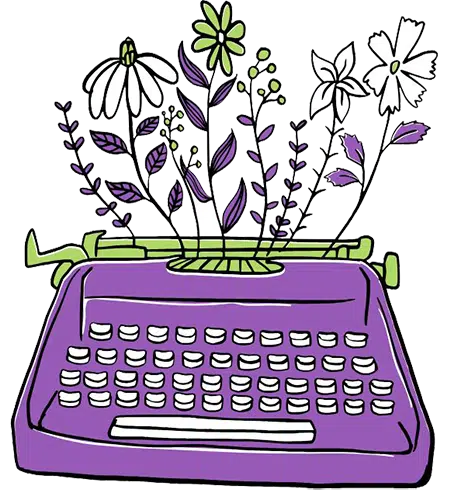Tips and Tools for Creative Writing Success
Whether you’re just starting out or looking to refine your craft, below we offer a variety of resources to help you grow as a creative writer. From inspiration and prompts to publishing guidance, we’re here to support your journey.
Finding Inspiration
Great stories often begin with a spark of inspiration. Here are a few ways to ignite your creativity:
Writing Prompts
When you feel stuck, prompts can help you break through writer’s block. Here are a few examples to get started:
For more prompts, check out these 1,000 story prompts shared by thescriptlab.com.
Essential Tools for Writers
Make the writing process smoother with these free or affordable tools:
Writing Communities
Join a supportive community of writers where you can share your work, receive feedback, and connect with others:
Free and Paid Writing Courses
Hone your craft with expert-led courses:
Publishing Options and Opportunities
When you’re ready to share your work with the world, consider these publishing paths:
For Beginners
For Advanced Writers
Helpful Publishing Resources
Good Reads
Explore these books to refine your craft and fuel your imagination:
Opportunities for Aspiring Writers
Here are a few opportunities to help you gain recognition and build your portfolio:



